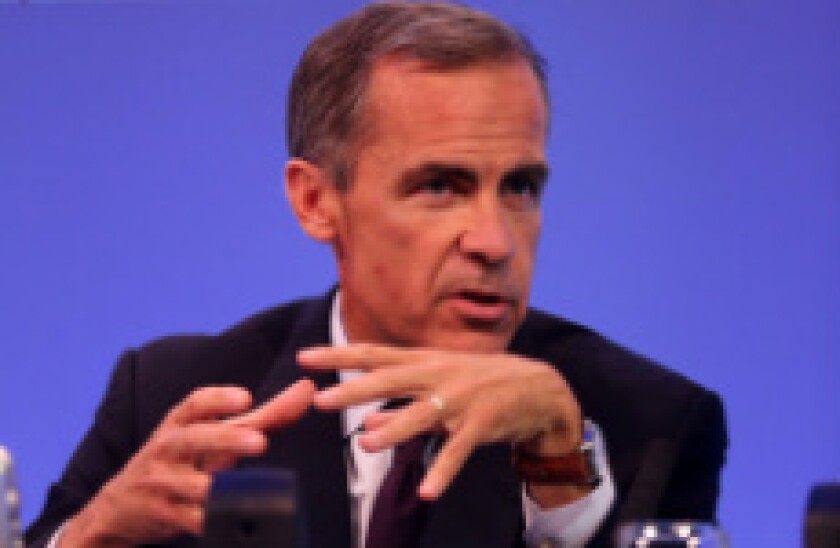Gavan Nolan, IHS Markit
But the eurozone’s central bank could lay claim to beating its UK counterpart to the punch on one policy: corporate QE. The ECB announced its CSPP programme back in March and began purchasing corporate bonds in June. It took until August 4 for the Bank to announce its own plan to buy corporate debt.
Some would argue that the UK has been here before: the Corporate Bond Secondary Market Scheme was launched in 2009, though it was suspended in 2013 and was used sparingly in the years prior. The new Corporate Bond Purchase Scheme (CBPS) will look to purchase up to $10bn of sterling bonds over an initial period of 18 months.
The reason the Bank followed the ECB’s lead in 2016 was, of course, Brexit. Monetary stimulus was inevitable once the dire Markit PMIs for June and July were reported.
The credit markets are more than familiar with QE and while the expansion of central bank balance sheets is generally positive for risk assets, we have seen the effects are diminished with each new round of purchases. However, it’s been some time since the Bank eased policy, so the combination of a rate cut and an expansion of QE (£60bn of government bonds will also be bought) was welcomed.
The Markit iTraxx Europe hit 68bp after the announcement, matching its tightest level this year. Financials outperformed, led by UK banks. Barclays was 12bp tighter at 101bp, while Lloyds rallied by 10bp to 87bp. Both banks have now recovered the bulk of the widening that occurred post-Brexit. The bonds of UK banks won’t be eligible for purchase under the CBPS, but the banks should benefit from the broader QE programme and, more importantly, a £100bn Term Funding Scheme that will allow banks to borrow from the Bank at the 0.25% base rate or close.
Of course, this doesn’t address the deficiency in demand in the Brexit damaged UK economy. And the low interest rate environment will continue to impinge on bank profitability. It may turn out that the Bank’s stimulus provides only a temporary boon to credit markets, and the negative sentiment in the wake of last week’s stress tests results returns with a vengeance.







